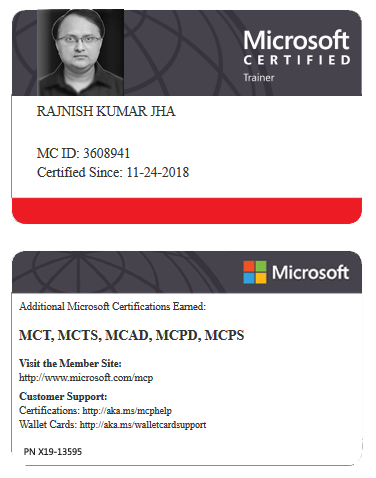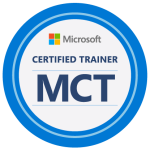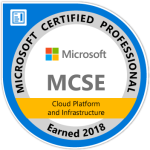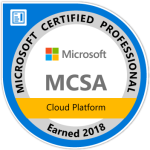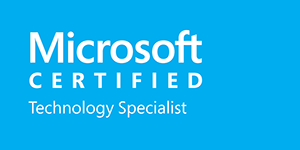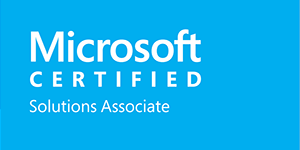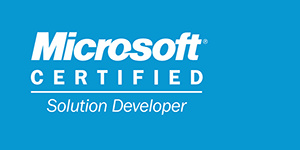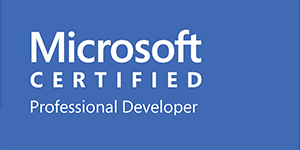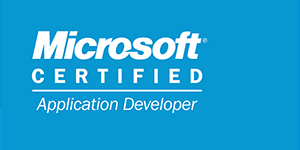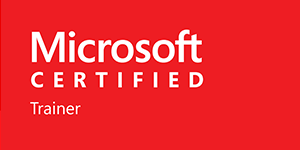-
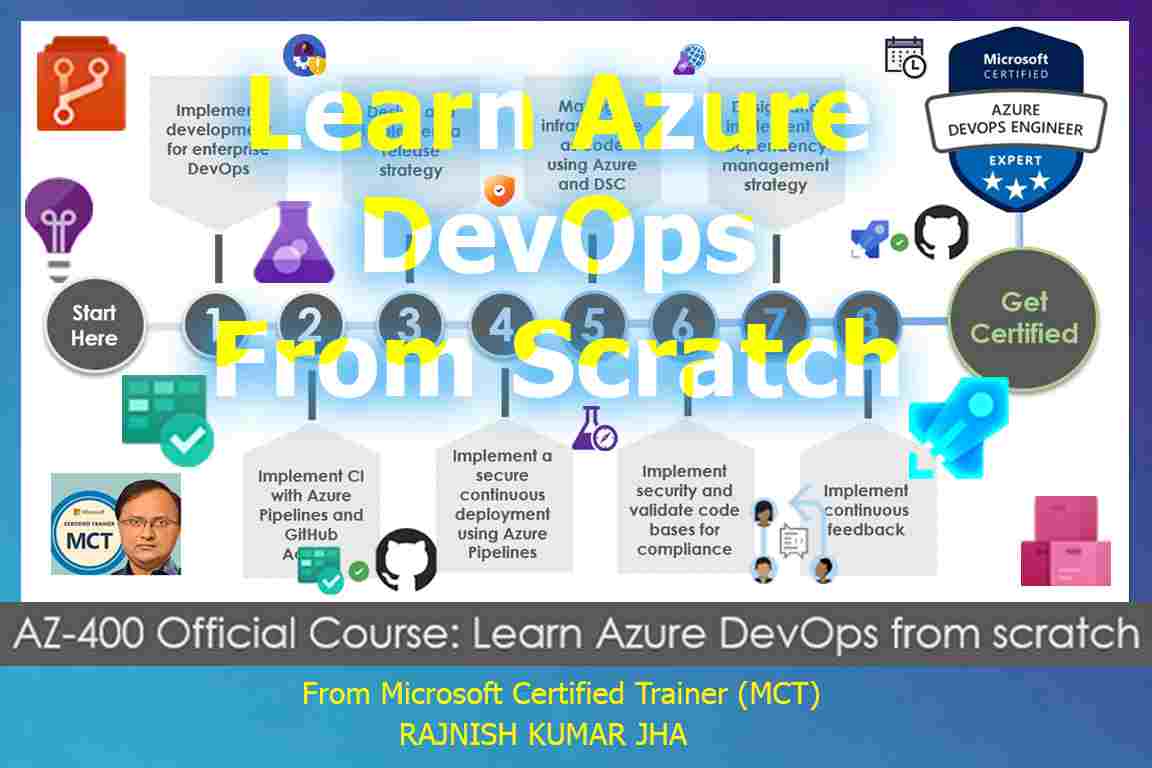
Adding software composition analysis inspections to the pipelines in Azure DevOps
Adding software composition analysis inspections to the pipelines in Azure DevOps Integrating Software Composition Analysis (SCA) checks into your CI/CD pipelines is crucial for automating the identification of security vulnerabilities, license compliance issues, and outdated dependencies in your software projects. By incorporating SCA into your… [ Read More ]
-

Implementing GitHub Dependabot alerts and security updates
Implementing GitHub Dependabot alerts and security updates GitHub Dependabot is a tool that automatically helps you keep your dependencies up-to-date and secure by notifying you about vulnerable dependencies and proposing updates. It integrates directly into GitHub repositories and can automatically create pull requests to update… [ Read More ]
-

Exploring software composition analysis (SCA)
Exploring software composition analysis (SCA) Software Composition Analysis (SCA) is a process used to manage the usage of open source components in software development. It involves scanning and analyzing the components within a software project to assess their security, licensing, and quality. As modern software… [ Read More ]
-

Examining and confirming that code bases meet compliance requirements
Examining and confirming that code bases meet compliance requirements When inspecting and validating a codebase for compliance, you're typically looking for adherence to various standards, regulations, and best practices that the code must meet. This could include security standards, coding style guidelines, industry regulations, or… [ Read More ]
-

Examining license implications and ratings
Examining license implications and ratings When choosing an open-source license for a software project, it is essential to understand the legal and practical implications of different licenses. The implications can affect how the software can be used, modified, redistributed, and integrated with other software. These… [ Read More ]
-

Familiarize yourself with the Open-Source Licenses
Familiarize yourself with the Open-Source Licenses An open-source license is a legal agreement that governs how open-source software can be used, modified, and redistributed. Open-source licenses are essential because they define the terms under which a project’s source code can be shared, modified, and contributed… [ Read More ]
-

Examining the concerns that corporations face regarding open-source software components
Examining the concerns that corporations face regarding open-source software components 'OR ### Corporate Concerns with Open-Source Software Components While open-source software (OSS) offers numerous benefits, such as cost savings, flexibility, and innovation, companies also face various challenges and risks when integrating open-source components into their… [ Read More ]
-

Elaborating on the various aspect of open-source software
Elaborating on the various aspect of open-source software Open-source software (OSS) refers to software whose source code is made freely available for anyone to inspect, modify, and distribute. Unlike proprietary or closed-source software, where the source code is hidden and only accessible to the creators… [ Read More ]
-

Exploring CodeQL in GitHub
Exploring CodeQL in GitHub CodeQL is a powerful static analysis tool that enables security researchers, developers, and DevOps teams to identify and fix security vulnerabilities in their code early in the development lifecycle. CodeQL uses query language-based analysis, which allows users to write custom queries… [ Read More ]
-

In depth guide on Azure DevSecOps Threat Modeling
In depth guide on Azure DevSecOps Threat Modeling 'OR ### Understanding Threat Modeling in the Context of the Microsoft Security Development Lifecycle (SDL) Threat modeling is a key component of Microsoft's Security Development Lifecycle (SDL), a comprehensive, risk-based approach to developing secure software. Microsoft SDL… [ Read More ]
DevOps, Cloud, Azure resources & blog
Category: Azure DevOps
All resources required to kick start your DevOps journey on Azure
Featured Courses

Rajnish Kumar Jha
MCT, MCSA, MCSE, MCAD, MCPD, MCTS, MCSD
My name is Rajnish Kumar Jha. I am Technical architect on Azure Cloud and .NET since 21+ years. I’ve worked for pioneer companies and as freelance trainer/consultant helping my clients to achieve their IT goals.
I find blogging, a great way to share back what I’ve learned all through my professional journey. You are welcome to connect or share feedback/suggestion here or through an email.
Popular Posts
Stay Connected
Unlock the full potential of Azure Cloud with me
– Your trusted guide to Azure mastery!
SUBSCRIBE
My newsletter for exclusive content and offers. Type email and hit Enter.
No spam ever. Unsubscribe anytime.
Read the Privacy Policy.

